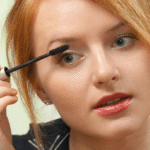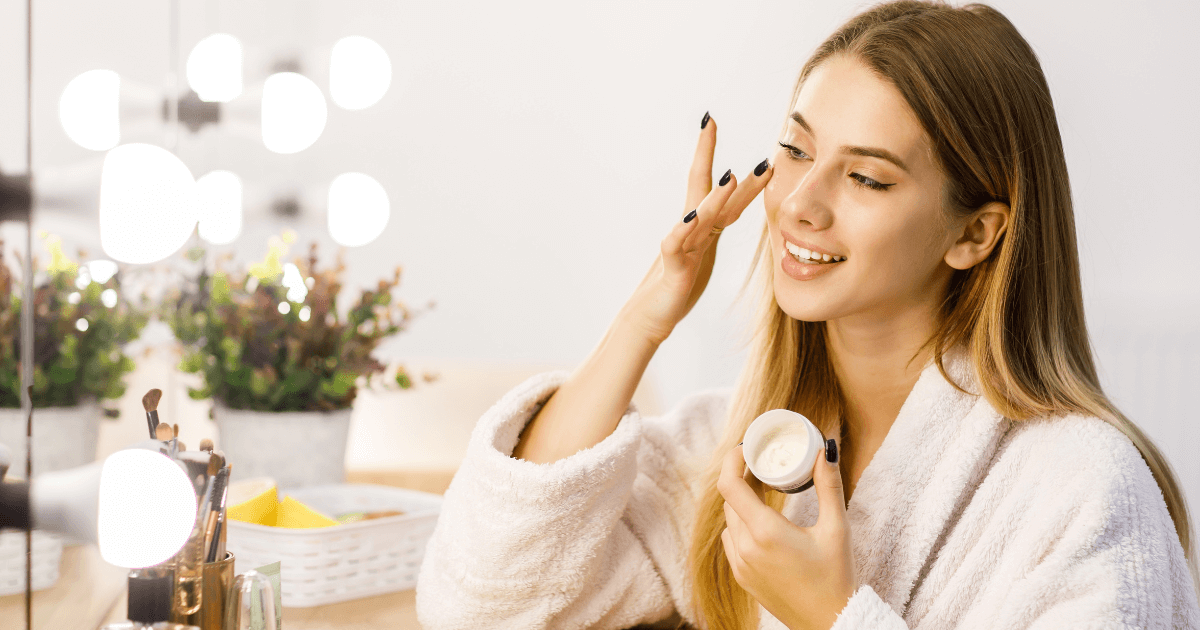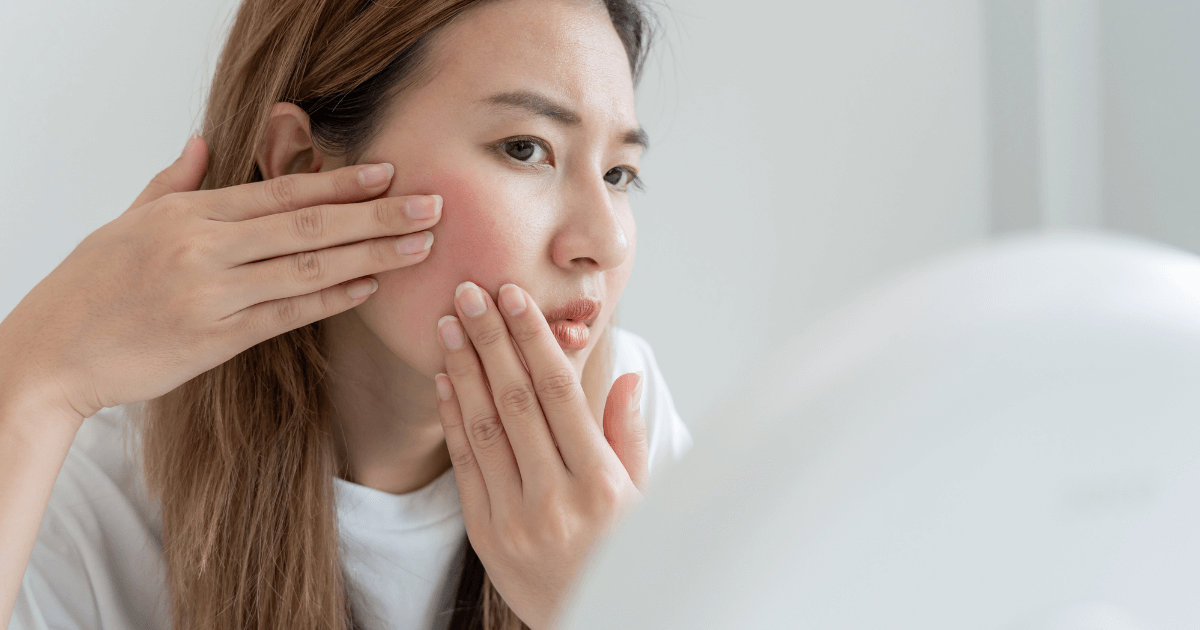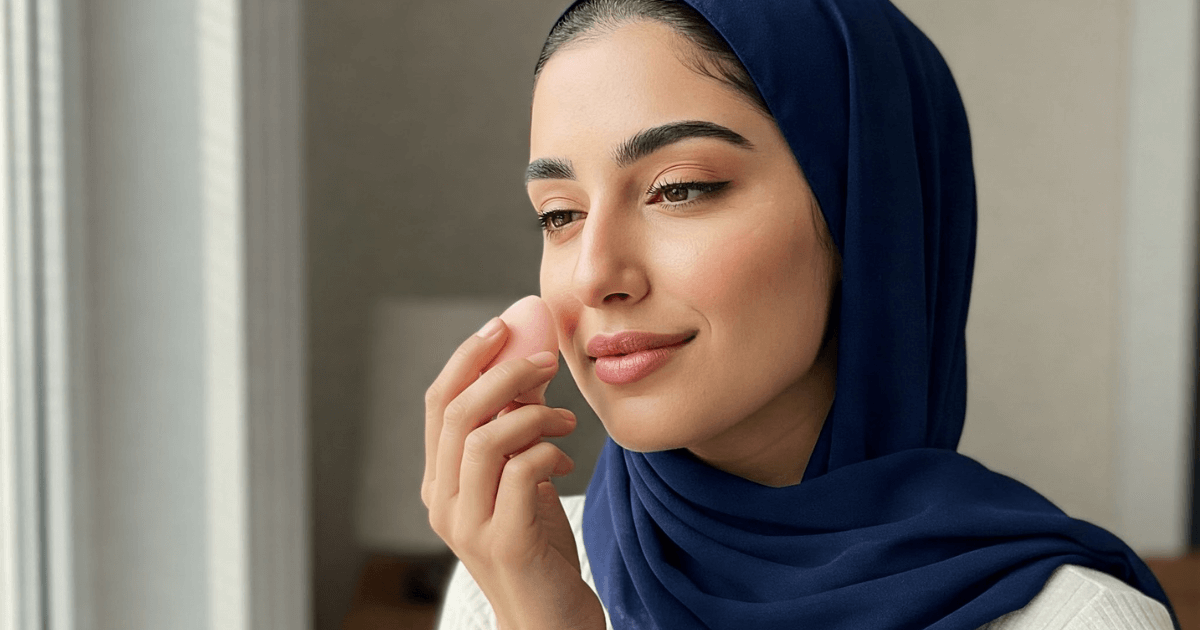Skincare Tips | Everything You Need to Know
Skincare is more than just a daily routine—it’s a form of self-care that helps protect your skin, improve its appearance, and boost your confidence. But with so much advice and so many products on the market, where do you start?
1. What Is Skincare?
Skincare refers to the range of practices that support skin integrity, enhance appearance, and relieve skin conditions. It includes cleansing, moisturising, sun protection, and using targeted treatments like serums or exfoliants. Skincare can also involve professional treatments such as facials, peels, or laser therapy.
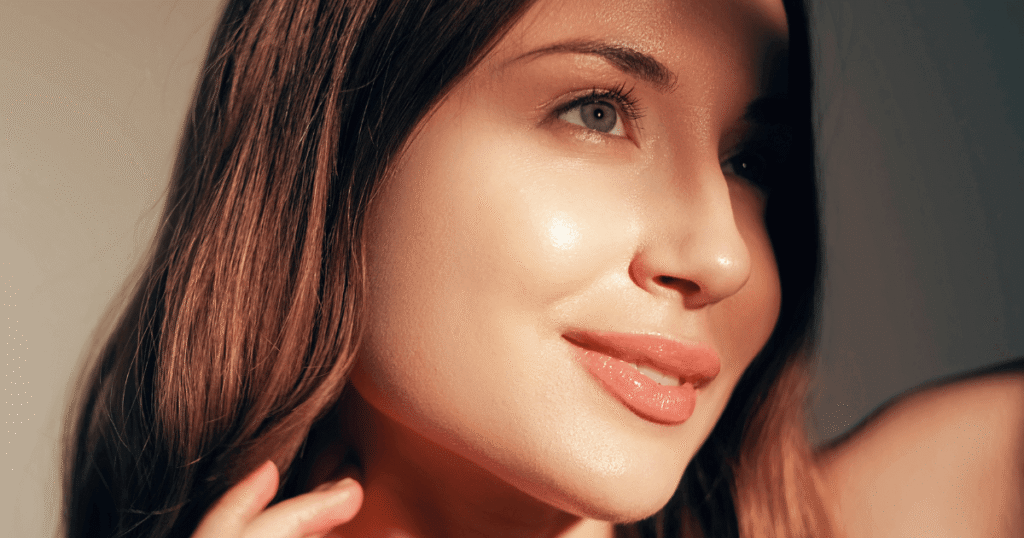
Why Skincare Matters
- It keeps the skin barrier strong.
- It slows the signs of ageing.
- It prevents acne and breakouts.
- It helps with skin disorders like eczema, rosacea, and hyperpigmentation.
2. Why Is Skincare Important?
Your skin is the largest organ of your body and your first line of defence against pollutants, UV rays, bacteria, and toxins. Regular skincare:
- Maintains hydration and elasticity.
- Helps the skin repair itself.
- Prevents premature ageing.
- Keeps your complexion even and radiant.
It also boosts mental wellness—when your skin looks better, you often feel better too.
3. Who Needs a Skincare Routine?
Everyone. Regardless of age, gender, or skin type, a skincare routine is essential.
Different Needs for Different People:
- Teens: Focus on oil control and acne prevention.
- Adults: Include anti-ageing ingredients and hydration.
- Seniors: Focus on deep moisturization and repair.
Men often need soothing after shaving and oil control.
People with skin conditions: Need tailored routines with medical guidance.
4. When Should You Start a Skincare Routine?
Ideally, start as early as your teenage years. The earlier you begin caring for your skin, the easier it is to prevent long-term damage.
- Teens (12–19): Gentle cleansing and sun protection.
- 20s: Start using antioxidants and light moisturisers.
- 30s–40s: Add retinol, vitamin C, and eye creams.
- 50s and above: Focus on hydration, firming creams, and repairing products.
It’s never too late to start! A consistent routine at any age brings visible benefits.
5. Where Does Skincare Begin?
Skincare starts at home. You don’t need expensive spa treatments or luxury products to maintain healthy skin.
Your bathroom mirror is where it all begins—with:
- Daily cleansing
- Sunscreen application
- Hydration using moisturiser
- Occasional exfoliation
However, consulting a dermatologist can be valuable if you’re dealing with persistent issues like acne, dark spots, or sensitivity.
6. Which Skin Type Do You Have?
Identifying your skin type is crucial for choosing the right products. The main types are:
Skin Type Characteristics
Normal Balanced, not oily or dry
Oily , Shiny, acne-prone, large pores
Dry, Flaky, tight, rough texture
Combination Oily in T-zone, dry in other areas
Sensitive, easily irritated, and reacts to products
To determine your skin type:
Wash your face and wait an hour.
Observe how it feels—tight, shiny, or balanced?
Use blotting paper to check for oil on different areas.
7. What Are the Best Skincare Tips?
Here are essential skincare tips, categorised by routine steps:
a. Cleansing
Clean your face twice a day (morning and night).
Use a gentle, pH-balanced cleanser.
Avoid hot water—it strips natural oils.
b. Exfoliating
Exfoliate 1–2 times a week to remove dead skin cells.
Use chemical exfoliants (AHAs, BHAs) for sensitive skin.
Avoid harsh physical scrubs.
c. Toning
Use a toner to balance pH and tighten pores.
Choose alcohol-free formulas.
d. Moisturizing
Moisturise daily to lock in hydration.
Use lighter creams for oily skin and thicker ones for dry skin.
e. Sun Protection
Use SPF 30 or higher every day—even indoors.
Reapply every 2–3 hours if outside.
Choose a broad-spectrum sunscreen.
f. Targeted Treatments
Use serums with ingredients like Vitamin C, niacinamide, or hyaluronic acid.
Apply treatments before moisturising.
8. Which Ingredients Should You Look For?
Different concerns require different ingredients:
Skin Concern Recommended Ingredients
Acne: Salicylic acid, benzoyl peroxide
Dryness: Hyaluronic acid, ceramides
Aging Retinol, peptides, antioxidants
Dullness Vitamin C, glycolic acid
Redness Niacinamide, green tea extract
Pro Tip: Always patch-test new products.
9. What to Avoid in Skincare Products?
Not all ingredients are skin-friendly. Here’s what to avoid:
- Fragrance and essential oils: Can irritate sensitive skin.
- Alcohol (denatured): Dries out the skin.
- Parabens and sulfates: Potentially irritating and unnecessary.
- Comedogenic oils: Can clog pores (e.g., coconut oil on oily skin).
10. What Are the Most Common Skincare Mistakes?
Skipping sunscreen
- Over-washing or over-exfoliating
- Not removing makeup before bed
- Using too many active ingredients at once
- Popping pimples (causes scars)
- Not changing pillowcases regularly
- Ignoring your neck and hands
- Avoiding these mistakes can significantly improve your skin health.
11. Where to Buy Skincare Products?
You can buy skincare products:
- Online (Amazon, Sephora, Ulta, beauty brand sites)
- Pharmacies (like Walgreens, CVS)
- Supermarkets or beauty stores
Look for trusted brands with good reviews and dermatologist recommendations. When possible, go for cruelty-free and eco-friendly products.
12. Why Consistency Is Key
Skincare is not magic—it takes time. Most products take 4–8 weeks to show results.
Stick with your routine. Be patient. Don’t switch products too quickly.
Track your progress by taking photos and noticing how your skin feels.
13. What Is the Role of Diet and Lifestyle in Skincare?
What you eat and how you live impact your skin.
Healthy habits for healthy skin:
- Drink at least 2–3 litres of water daily.
- Eat fruits, vegetables, and foods rich in omega-3 fatty acids.
- Avoid sugary and processed foods.
- Get 7–8 hours of sleep.
- Reduce stress through meditation or yoga.
- Exercise regularly to increase blood circulation.
14. What’s the Difference Between Day and Night Skincare?
Daytime Routine:
- Cleansing
- Antioxidant serum (like Vitamin C)
- Moisturizer
- Sunscreen
Nighttime Routine:
Double cleanse (especially with makeup)
Treatment serums (like retinol or acids)
Moisturiser or night cream
Optional: face oil
Your night routine should focus on recovery and repair, while your day routine should focus on protection.
15. When to See a Dermatologist?
See a dermatologist if:
You have persistent acne or breakouts.
You experience severe dryness or redness.
You suspect a skin condition (eczema, psoriasis).
You have unusual moles or skin growths.
Over-the-counter products don’t work.
Dermatologists can prescribe effective treatments and offer professional advice.

